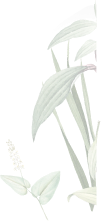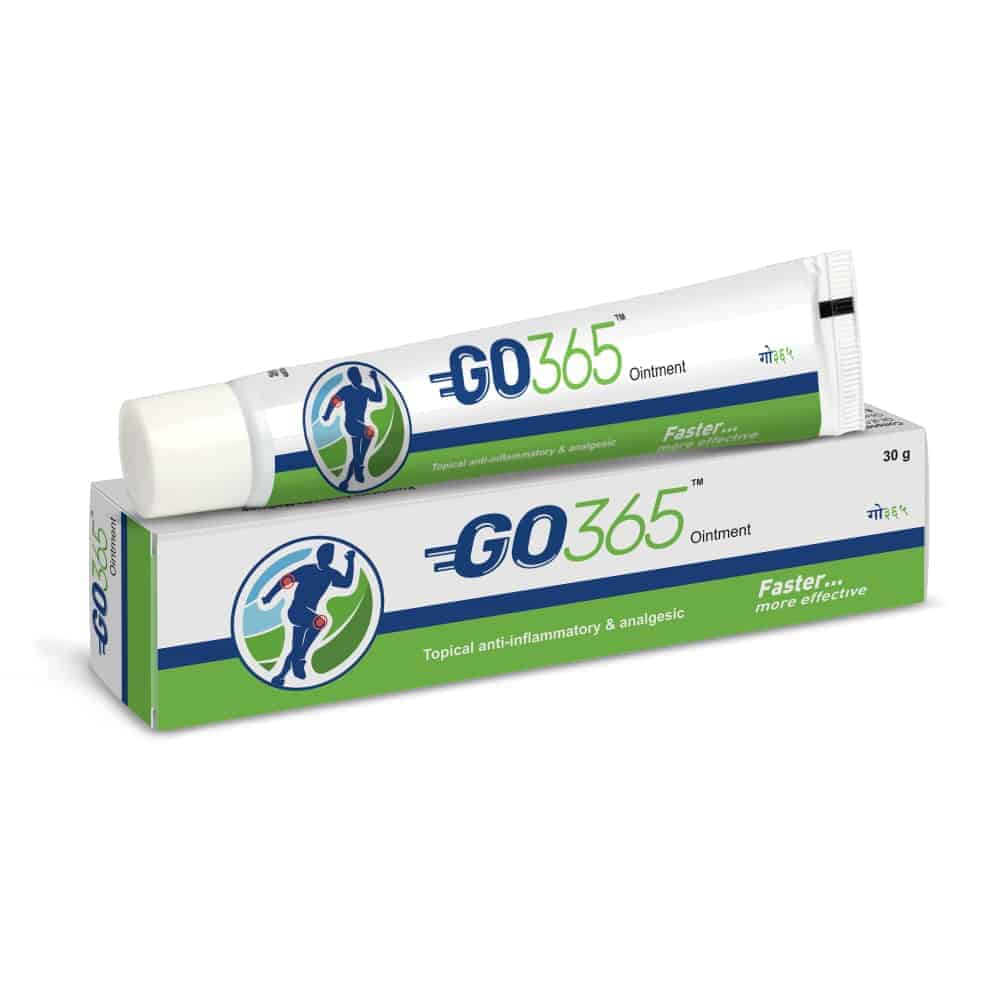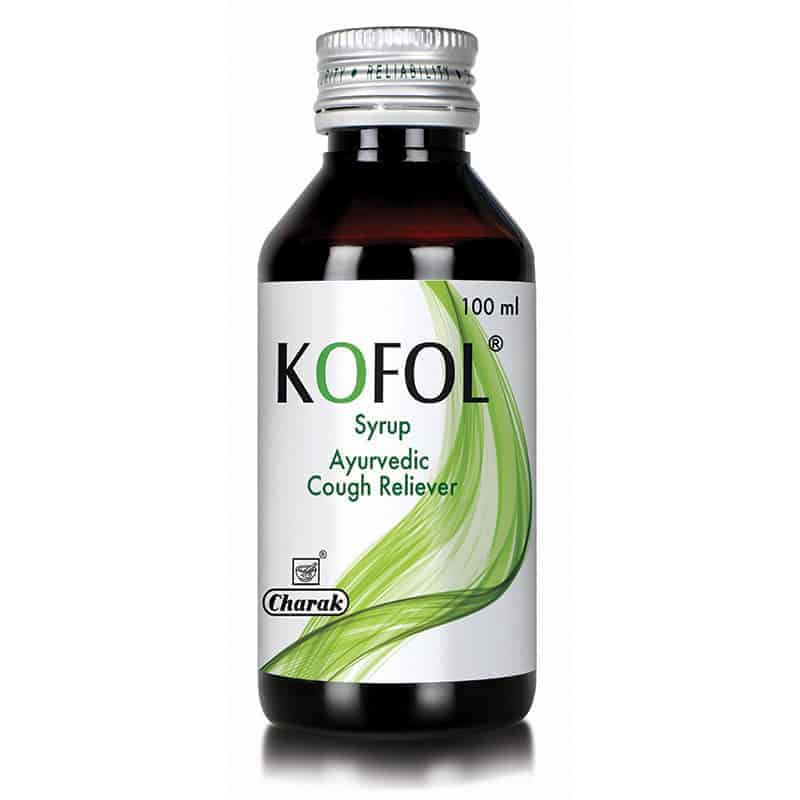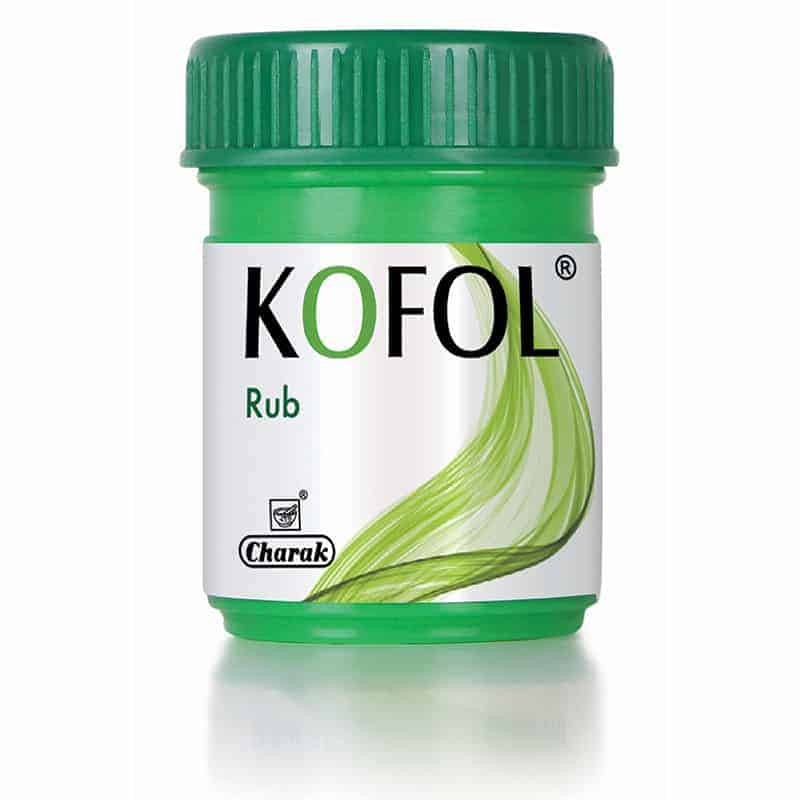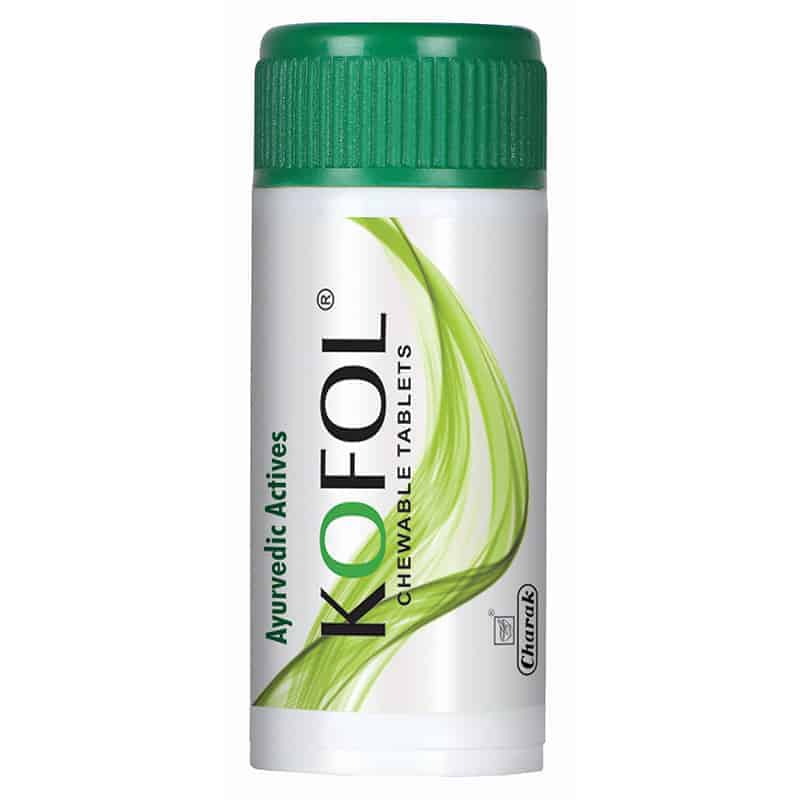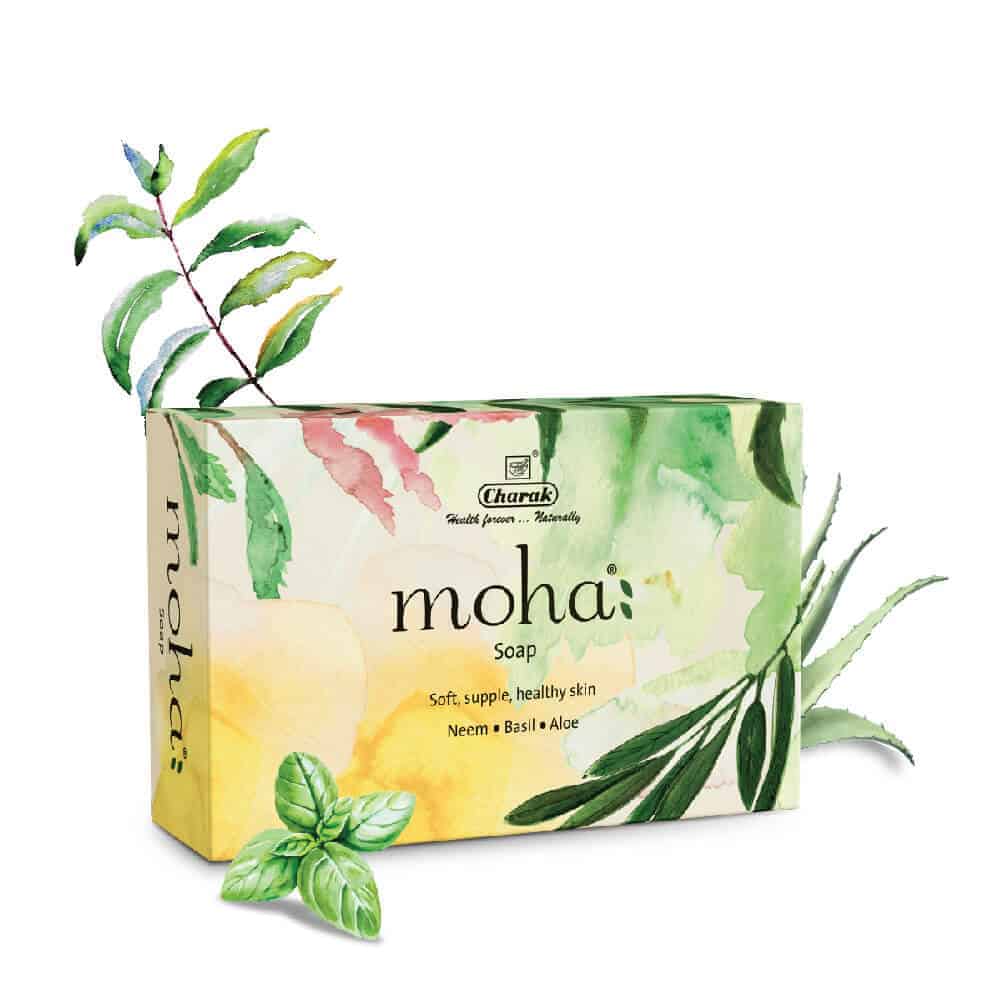The coronavirus disease 19 (COVID-19) pandemic is unique and unprecedented in several aspects and has challenged health care systems across the globe. The coronavirus pandemic has turned the world’s attention to the immune system, the body’s defence force against disease-causing bacteria, viruses and other organisms that we touch, ingest and inhale every day (Cain, 2020). Alongside investigations into the virology of SARS-CoV-2, understanding the fundamental physiological and immunological processes underlying the clinical manifestations of COVID-19 is vital for the identification and rational design of effective therapies (Tay et al., 2020). Our immune systems will need to adapt unaided to COVID-19, until a potential vaccine is available.
Recently, an article highlighted the possible role of Ayurveda in treatment of COVID-19 through psychoneuroimmune pathways
(Rajkumar, 2020a).
The COVID-19 crisis has led to high levels of psychological distress and significant impact on mental health, especially in vulnerable groups such as healthcare workers. Such distress is accompanied with alterations in immune function, including an increased risk of viral respiratory tract infections (Rajkumar, 2020b). The immune system plays a critical role in our response against infectious disease. The immune system is the body’s multi-level defence network against potentially harmful bacteria, viruses and other organisms. The role of psychosocial factors in increasing susceptibility to viral respiratory tract infection is well documented (Zawada et al., 2015). Further, Poor mental health conditions, including stress and depression, are associated with increased risk of acute respiratory infections.
Ayurveda, a traditional system of medicine, originated in India more than 3000 years ago. The term Ayurveda is derived from the Sanskrit words ayur (life) and veda (science or knowledge). The classic Ayurveda text Charaka Samhita, mentioned about epidemic management and defines immunity as the ability to preventing and arresting the progression of disease for maintaining homeostasis (Acharya, 1992). The Ayurveda pays larger emphasis on building strength of mind and body to cope with various stressors, including infection. Similar to innate and acquired immunity, the Ayurveda concept of immunity (Bala or strength) is classified as natural (Sahaja), chronobiologic (Kalaja), and acquired (Yuktikrut) (Acharya, 1992).
In Ayurveda several treatment options are available for enhancing immunity against respiratory illnesses, these include certain immunomodulators (known as Rasayana), local and systemic interventions (Balasubramani et al., 2011). Local prophylaxis measures such as herbal decoctions, consumptions of hot water, gargling with medicated water, and steam inhalation described in Ayurveda for respiratory illnesses (Chandran et al., 2018). These interventions can be quickly implemented on large scale with the advantages of simplicity, affordability, and acceptability. This is clearly evident that such traditional measures can positively influence mental health and immune function through modulating psychoneuroimmune pathways. Presently, several allopathic drugs are under investigations for prophylactic use against COVID-19 and it seems current prophylactic measures are insufficient. The prophylactic and therapeutic potential of traditional and complementary medicine systems such as Ayurveda and Yoga can be proven effective prophylaxis and adjuvant therapy of COVID-19.
The Ayurvedic Science has enormous potentials to provide learning and innovative insights and clinical studies with proper documentation is essential. This will help in disseminating findings to researcher and policy makers in scientific manner for drawing lessons on pluralistic knowledge systems available globally.
In India, several initiatives have been taken to utilise the vast potential of Ayurveda in this pandemic. The Ministry of Ayush, a nodal Ministry of Complementary and Alternative Medicine, has released a set of guidelines for boosting immunity and measures for self-care by using Ayurvedic principles (Ministry of AYUSH, Government of India, 2020). Further, the Indian Prime Minister in its address to nation also mentioned about using Ayurveda medicines for improving immunity against COVID-19. This has led to surge in demand of Ayurvedic medicines. AYUSH system across the country has also been put on alert for being called anytime to serve the nation.
Gujarat, one of the western state of India, has also initiated a study, in which Ayush treatment will be administered to asymptomatic patients of COVID-19 and the state government has also distributed the ayurvedic medicines to millions of citizens for boosting their immunity against COVID-19 (Press Trust of India, 2020).
The Kerala, southern Indian state successfully flatten the COVID-19 curve has also started use of Ayurveda in mitigating the spread of COVID-19. The government has categorised the population in seven categories based on the possible spread of the virus, and been advised Ayurvedic treatment accordingly (Medical Dialogues Bureau, 2020). The state has one of the finest Ayurveda system of medicine in the country. Several other Indian states have also started utilising Ayurvedic therapies as a preventative measure against COVID-19. Ayurveda has enough potential and possibilities to be employed both for the prevention and an adjunct treatment option for COVID-19. India has adequate human and service delivery resources for implementing a large scale COVID-19 mitigation plan through prophylactic use of Ayurvedic medicines and also deploying Ayurveda Human Resources and services for asymptomatic cases. There are around 2818 Ayurveda hospitals and 15291 Ayurveda dispensaries available in the country along with 4.28 lakh registered Ayurveda practitioners.
The traditional practices may be useful in improving psychological quality of life, and reducing the risk of infection (Rajkumar, 2020a). Ayurveda has enough potential and possibilities to be employed both for the prevention and an adjunct treatment option for COVID-19. Therefore, it is very important to carry out research studies for understanding the link between effect of Ayurveda on psychological distress and immune responses to COVID-19 infection. This is an opportunity to unearth true potential of Ayurveda systems and adopting integrative approaches for innovating solutions against COVID-19 pandemic.
Indeed, this is the time for India to demonstrate the potential of AYUSH systems in addressing this global health crisis. Every possible treatment opportunity needs to be brought before the scientific community, as we don’t have any vaccine or medical treatment for this unprecedented crisis. Mahaveer Golechha is alumnus of AIIMS, New Delhi; London School of Hygiene and London School of Economics.
Appendix A. Supplementary data
Supplementary data to this article can be found online at https://doi.org/10.1016/j.bbi.2020.05.003.
References
References Acharya, Y. (Ed.), 1992. Charaka Samhita. Chaukhamba Surbharati, Varanasi, India Google Scholar
Balasubramani, S.P., Venkatasubramanian, P., Kukkupuni, S.K., et al., 2011. Plant-based Rasayana drugs from Ayurveda. Chin. J. Integr. Med. 17, 88–94
Cain, P., 2020. How does your immune system work? World Econ. Forum (accessed on
25th April, 2020).https://www.weforum.org/agenda/2020/04/immune-systemfight-off-disease-coronavirus-covid19-pandemic/.
Medical Dialogues Bureau, 2020. Kerala Plans On Using Ayurveda To Mitigate COVID-19 Spread. (accessed on 30th April, 2020)https://medicaldialogues.in/state-news/ kerala/kerala-plans-on-using-ayurveda-to-mitigate-covid-19-spread-64755
Ministry of AYUSH, Government of India, 2020. Ayurveda's Immunity Boosting Measures for Self-care During COVID 19 Crisis. Online document at: http://ayush.gov.in/ event/ayurveda-immunity-boosting-measures-self-care-during-covid-19-crisis (accessed April 10, 2020).
Press Trust of India, 2020. Gujarat to try Ayurvedic Drugs on Select COVID-19 Patients.(accessed on 29th April, 2020)https://www.expresspharma.in/covid19-updates/ gujarat-to-try-ayurvedic-drugs-on-select-covid-19-patients/.
Rajkumar, R.P., 2020a. Ayurveda and COVID-19: Where psychoneuroimmunology and the meaning response meet [published online ahead of print, 2020 Apr 22]. Brain Behav Immun S0889-1591(20)30637-1
Rajkumar, R.P., 2020b. COVID-19 and mental health: a review of the existing literature [published online ahead of print, 2020 Apr 10]. Asian J Psychiatr. 52, 102066.
Tay, M.Z., Poh, C.M., Rénia, L., MacAry, P.A., Ng, L.F.P., 2020. The trinity of COVID-19:
immunity, inflammation and intervention [published online ahead of print, 2020 Apr
28]. Nat. Rev. Immunol. https://doi.org/10.1038/s41577-020-0311-8. Zawada, K., Bratek, A., Krysta, K., 2015. Psychological distress and social factors in patients with asthma and chronic obstructive lung disease. Psychiatr. Danub. 27 (Suppl. 1), S462–S464.
Mahaveer Golechha
Health Systems and Health Policy, Indian Institute of Public Health
Gandhinagar, India
E-mail address: [email protected].


